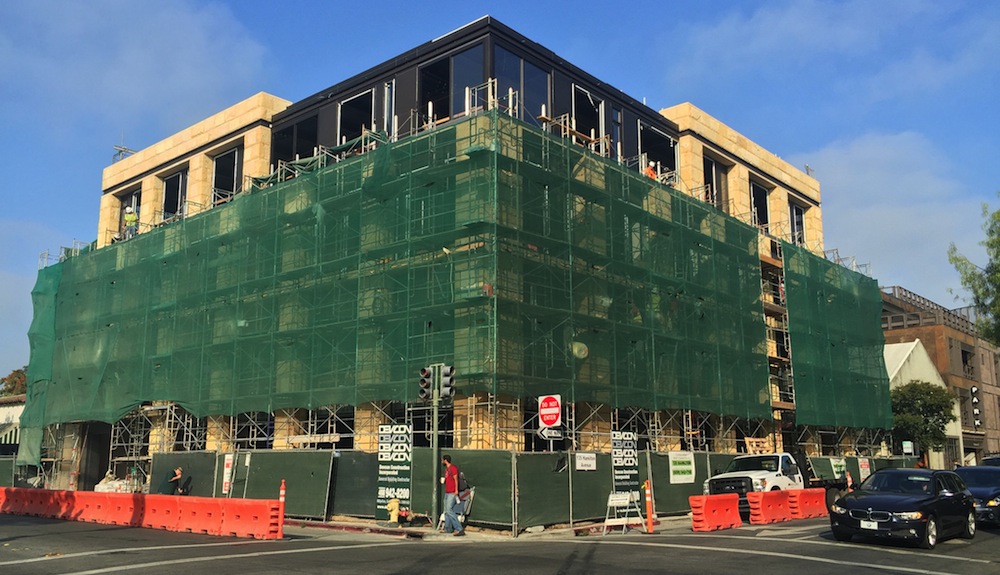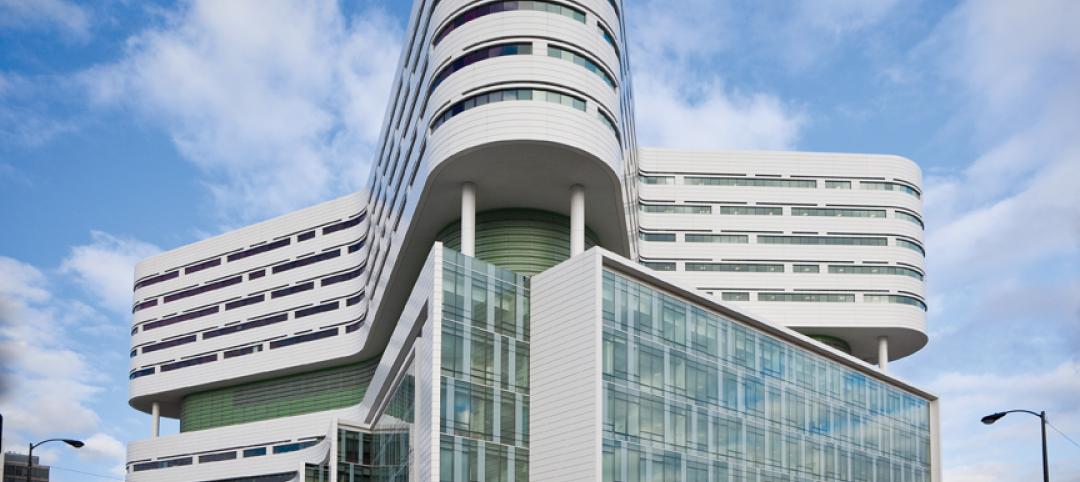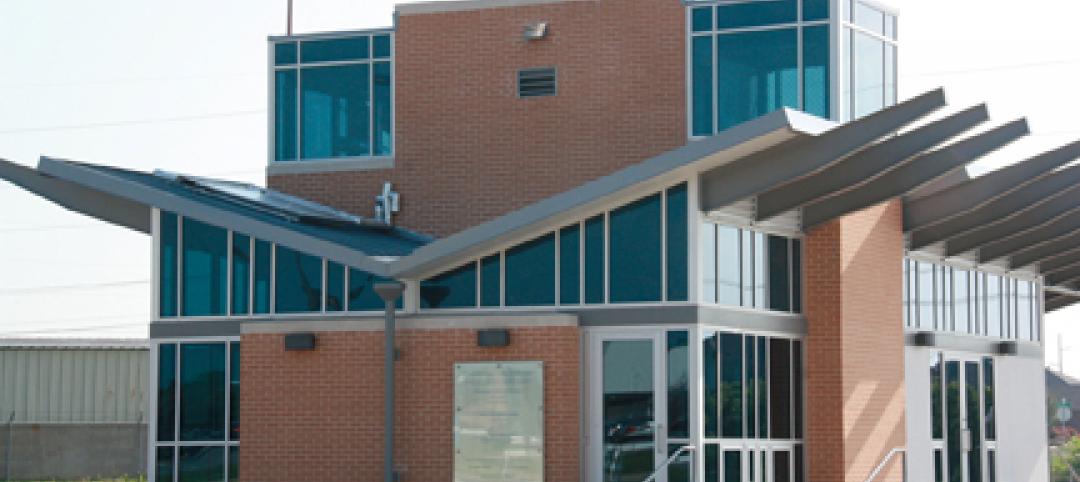Real gross domestic product (GDP) expanded by just 0.7% (seasonally adjusted annual rate) during the fourth quarter of 2015, according to an analysis of Bureau of Economic Analysis data released by Associated Builders and Contractors (ABC). This paltry growth follows a 2% increase during the year's third quarter and a 3.9% increase during the second quarter. For the year, GDP expanded by 2.4%, matching the rate of growth seen in 2014.
Nonresidential fixed investment shrank by 1.8% in the fourth quarter, the first time the segment has contracted since the third quarter of 2012. For the year, nonresidential fixed investment expanded by 2.9% after growing by 6.2% in 2014 and 3% in 2013.
"The economy did not end the year well," ABC Chief Economist Anirban Basu said. "Today's GDP data adds weight to the argument that the U.S. is in a corporate profits recession, an industrial recession, and was experiencing a softening of investments. With the exception of the residential building sector, business capital outlays have declined as corporations deal with a combination of sagging exports, competitive imports, declining energy related investments, rising wage pressures and healthcare costs.
"Recent turbulence in financial markets suggest that capital availability may continue to soften," Basu said. "While residential construction is likely to continue to recover given the combination of low interest rates and accelerating household formation, nonresidential construction spending growth may begin to sputter a bit as those who deploy capital become more defensive. This is not to suggest that nonresidential construction spending is set to decline. Many contractors continue to report significant and growing backlog. However, the current situation suggests that the growth in backlog and ultimately in spending may not be quite as rapid as it was earlier in 2015."
Six key input prices rose or remained unchanged in October on a monthly basis, while one remained unchanged:
- Personal consumption expenditures expanded 2.2% in the fourth quarter after growing by 3% in the third quarter.
- Spending on goods grew 2.4% in the fourth quarter after expanding 5% in the third quarter and 5.5% in the second quarter.
- Real final sales of domestically produced output increased 1.2% for the fourth quarter after a 2.7% increase in the third quarter.
- Federal government spending increased 2.7% in the fourth quarter, the segment's largest increase since the third quarter of 2014.
- Nondefense spending increased 1.4% in the fourth quarter after expanding 2.8% in the previous quarter.
- National defense spending expanded by 3.6% in the fourth quarter after contracting by 1.4% during the third.
- State and local government spending contracted by 0.6% in the fourth quarter after increasing by 2.8% in the third quarter.
Related Stories
| May 7, 2012
2012 BUILDING TEAM AWARDS: Fort Belvoir Community Hospital
A new military hospital invokes evidence-based design to create a LEED-certified facility for the nation’s soldiers and their families.
| May 7, 2012
2012 BUILDING TEAM AWARDS: Audie L. Murphy VA Hospital
How a Building Team created a high-tech rehabilitation center for wounded veterans of the conflicts in Iraq and Afghanistan.
| May 3, 2012
2012 BUILDING TEAM AWARDS: Rush University Medical Center
This fully integrated Building Team opted for a multi-prime contracting strategy to keep construction going on Chicago’s Rush University Medical Center, despite the economic meltdown.
| May 3, 2012
U of Michigan team looking to create highly efficient building envelope designs
The system combines the use of sensors, novel construction materials, and utility control software in an effort to create technology capable of reducing a building’s carbon footprint.
| May 3, 2012
Best commercial modular buildings and marketing programs recognized
Judges scored entries on architectural excellence, technical innovation, cost effectiveness, energy efficiency, and calendar days to complete.
| May 3, 2012
Zero Energy Research Lab opens at North Texas
The living lab—the only one of its kind in Texas—is designed to test various technologies and systems in order to achieve a net-zero consumption of energy.
| May 3, 2012
NSF publishes ANSI standard evaluating the sustainability of single ply roofing membranes
New NSF Standard provides manufacturers, specifiers and building industry with verifiable, objective criteria to identify sustainable roofing products.
| May 3, 2012
Gilbane to provide CM services for North Reading’s integrated middle/high school
The project scope includes a wastewater treatment plant, demolition of the existing high school and extensive athletic fieldwork.














